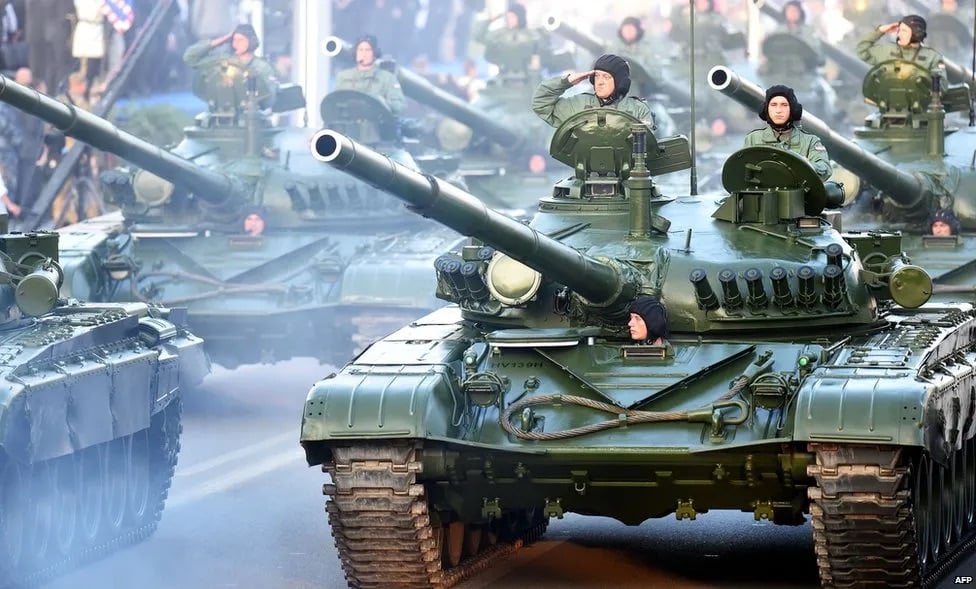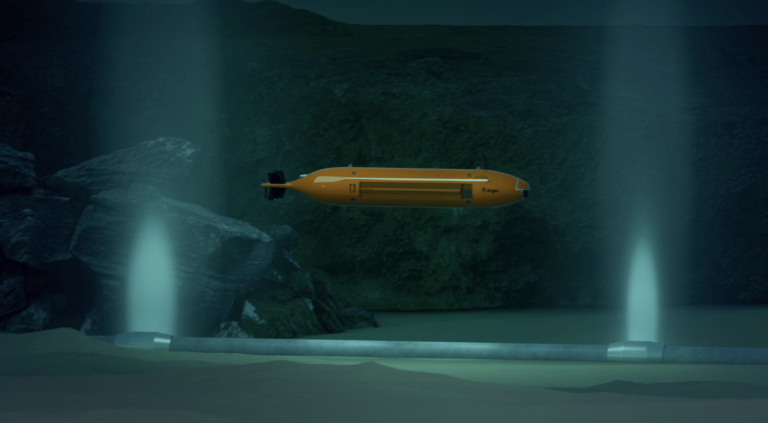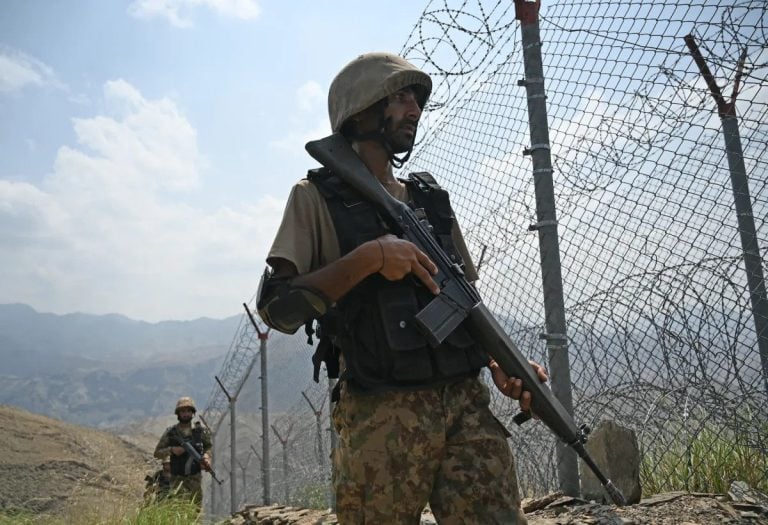Kosovo, Albania, and Croatia are making significant strides in transforming a defense declaration into actionable measures aimed at strengthening regional security and interoperability. The agreement, first unveiled in March, lays out essential priorities including the enhancement of defense capabilities, the establishment of joint training initiatives, the countering of hybrid threats, and the promotion of Kosovo’s connections with Euro-Atlantic institutions, as reported by Prague-based Radio Evropa e Lire.
Acting Defense Minister of Kosovo, Ejup Maqedonci, indicated that expert groups convened in Tirana in July to break down the plan into operational steps. The comprehensive guide is anticipated to be submitted for approval to the defense ministries of the three countries in September.
A particularly notable aspect of the cooperation involves shared arms purchases. The three nations have committed to coordinating weapons procurement efforts rather than pursuing separate national acquisitions. This collaborative purchasing approach is perceived as the first tangible commitment stemming from the March declaration. Maqedonci highlighted the potential advantages of joint ordering, stating, “For example, a [weapons] system that all three countries are interested in purchasing from the US, we can place the order as a single purchase…when you buy more from the US, they cost less and arrive faster.” Each country will fund its respective purchases, with specific quantities and delivery timelines being determined collaboratively.
In addition to arms procurement, the agreement emphasizes the importance of joint military exercises—both on a bilateral and trilateral basis. The expansion of training through military academies and the development of collaborative enlistment programs are also vital components of the initiative. The cooperating nations aim to work collectively to address hybrid threats, which encompass challenges like cyberattacks, disinformation campaigns, and unwelcome foreign influence, alongside shared intelligence to confront common regional security issues.
From a broader context, the Croatian Ministry of Defense expressed that this initiative is open to other interested NATO and EU members, emphasizing that the collaboration does not equate to the formation of a military alliance. Concurrently, Maqedonci noted plans to leverage an upcoming charter meeting between the US and Adriatic nations to encourage additional regional partners to participate.
The Pentagon has expressed support for the agreement, following Maqedonci’s visit in June, and NATO member states have also welcomed the initiative. Nonetheless, this cooperative endeavor has faced opposition from the Serbian government, which has pointed to prior subregional arms agreements and warned that such cooperation risks forming a new military bloc in the region.







